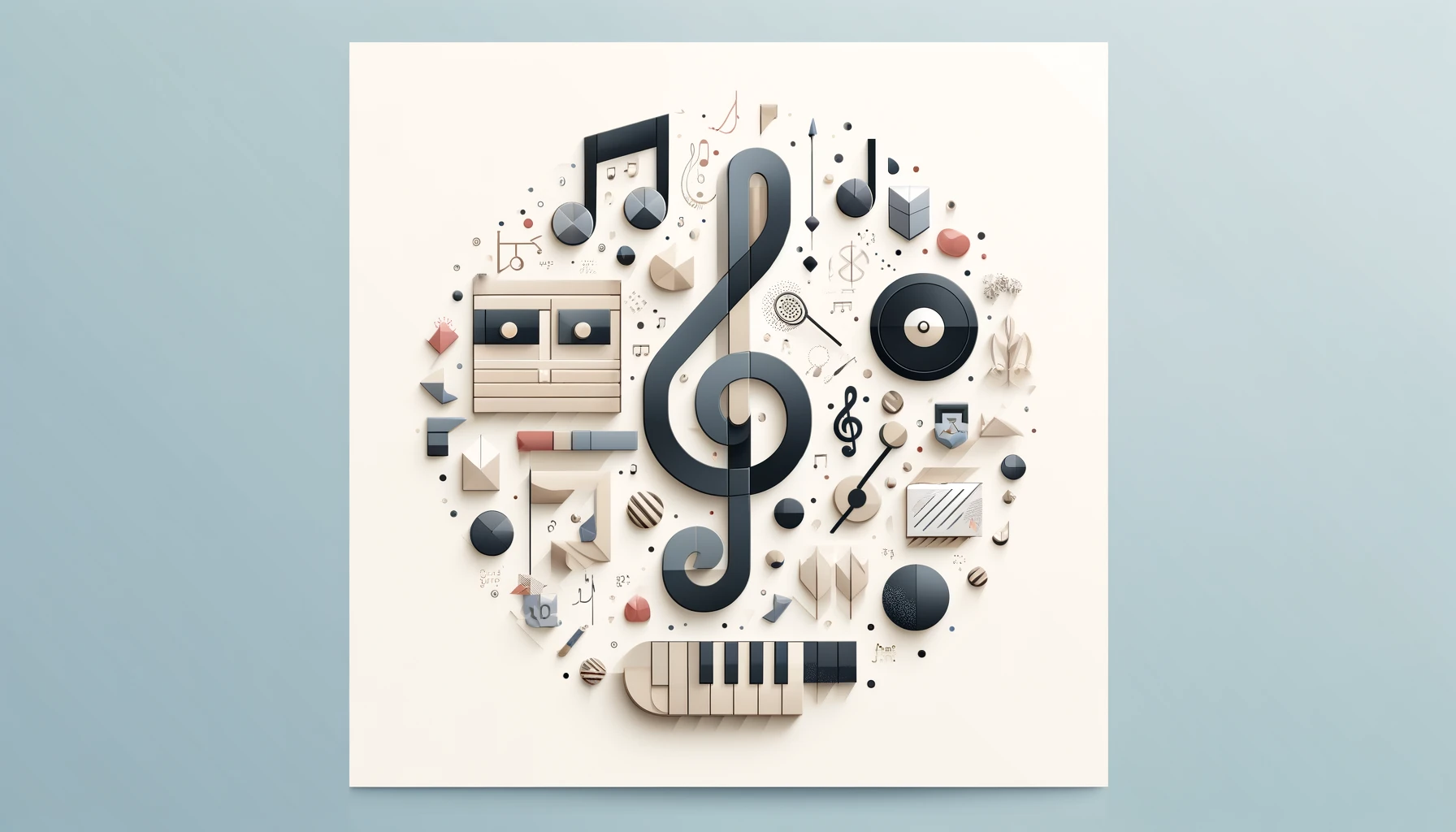Music has always been a fundamental aspect of human culture, and technological progress offers fresh possibilities. A notable development in music creation is the utilization of generative AI to quickly produce original compositions with minimal effort. In this guide, we’ll explore what generative AI entails and how it can be effectively used to create music.
What is Generative AI?
Generative AI refers to a branch of artificial intelligence that employs algorithms to generate new data sets. In music, this type of AI is employed to craft new compositions by learning from existing tracks. It is capable of generating completely new melodies, harmonies, and rhythms.
AI music generators are software tools that analyze existing music using machine learning algorithms. They generate music by identifying patterns or structures within the music they study. These generators can produce melodies, harmonies, or entire songs based on their design and capabilities.
How Do AI Music Generators Work?
AI music generators primarily use machine learning models within their systems. Techniques commonly employed include deep learning and neural networks.
Deep learning entails training an artificial music generator with a vast dataset of existing tracks. The generator then processes the patterns and structures within this music to fabricate new pieces.
Numerous AI music generators are currently available, each boasting distinct features and capabilities.
Before choosing one, consider your preferred genre and your experience level in music production. Some generators are designed with beginners in mind, providing user-friendly interfaces and simpler options. Conversely, others cater to more experienced users with advanced features and greater customization potential.
Neural networks simulate the human brain’s approach to music creation. They detect patterns in musical pieces and construct new compositions based on these identified patterns.
Once trained, generative AI models can generate new music based on various inputs. These inputs might include musical parameters like tempo, key, and genre, or specific elements such as melodies, harmonies, and rhythms.
Tips for Maximizing the Use of AI Music Generators
AI can be an invaluable tool for saving time and enhancing creativity. Here are several strategies to fully leverage its capabilities:
Explore Various Settings: Feel free to tweak settings like tempo, key, and genre to discover how they influence the generator’s output. Such experimentation can lead to innovative and unique musical pieces.
Integrate AI with Human Creativity: Use AI-generated music as a foundation, then enrich it with live instrumentation or melodies played by musicians. This integration can introduce a human touch of creativity and emotion to your compositions.
View AI as a Complement, Not a Replacement: Although AI can expedite the creative process and foster innovation, it is not a substitute for human creativity. Rather, consider it as a tool that enhances your music production endeavors.
Final Thoughts
AI music generators are a formidable resource for musicians and producers eager to craft innovative and high-quality music. These tools streamline the creative process and spark inspiration by employing machine learning algorithms to study existing tracks and generate new compositions. With just a few simple steps, anyone can utilize AI music generators to produce their own original music.
As this technology advances, the opportunities for content creation are boundless. Why not explore its potential and see where your musical adventures lead?
Read related articles:

